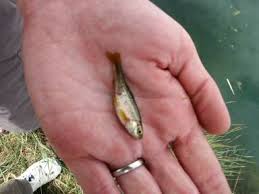记忆方法
将“least”与“less”进行对比记忆。记住“less”表示“较少的”,那么“least”就是“最少的”。可以将其想象为“less”的程度被推向了极限,即变得最少,从而形成“least”这个最高级形式。
以上内容由AI生成, 仅供参考和借鉴
中文词源
least 最少的
来自古英语laesest,最小的,less的最高级。
英语词源
- least
-
least: [OE] In origin, least is simply the superlative form of less. The prehistoric Germanic ancestor of less was *laisiz (itself a comparative form). Addition of the superlative suffix produced *laisistaz, which passed into Old English as lǣsest. Unchanged, this would have become in modern English *lessest, but it was contracted in the Old English period to lǣst, and so modern English has least.
=> less - least (adj.)
- Old English læst, earlier læsest "smallest" (superlative of lytel "small"), from Proto-Germanic superlative *laisistaz (see less). Qualifying phrase at least is Middle English æt læstan. As a noun, from early 12c.; as an adverb, c. 1200.
权威例句
- 1. Try to eat at least four slices of bread a day.
- 每天尽量至少吃4片面包。
- 2. He is the least appealing character, to me at any rate.
- 他是其中最没有吸引力的角色,至少对我来说是这样。
- 3. At least three British golf courses are now owned by the Japanese.
- 现在英国至少有3家高尔夫球场为日本人所有。
- 4. At least this second meeting had helped to thaw the atmosphere.
- 这第二次会议至少起到了缓和气氛的作用。
- 5. I don't have the least idea of what you're talking about.
- 我一点儿都不知道你在说什么。
